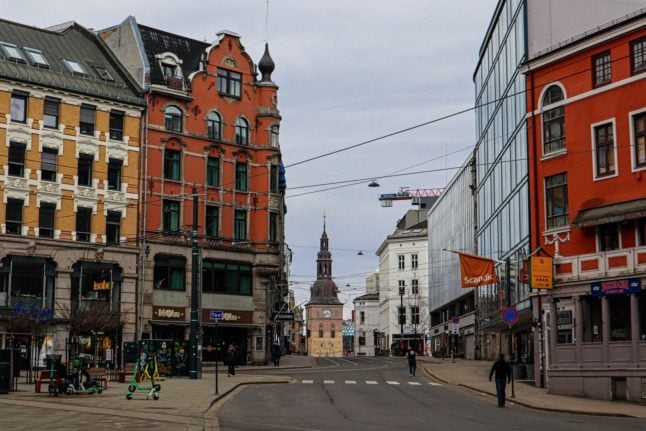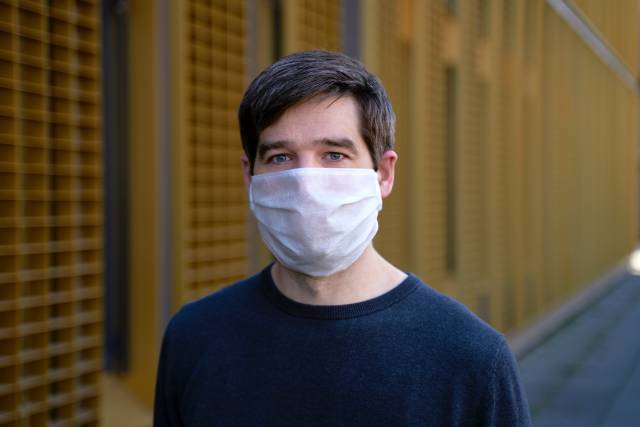The sale of alcohol in pubs, bars, restaurants and clubs will be prohibited from Wednesday across the country as part of a further tightening of measures.
Additionally, people are being ordered to work from home where possible and tighter restrictions will be introduced in schools.
The government announced the stricter restrictions at a press conference on Monday evening.
“Infection rates in Norway are increasing sharply, and we have now gained new knowledge about the omicron variant and how fast it can spread. We are in a more serious situation. The government is therefore introducing stricter measures to maintain control of the pandemic,” PM Jonas Gahr Støre said.
The tighter measures come following weeks of rising infections and several outbreaks of the Omicron Covid-19 variant.
All primary and lower secondary schools would be moved to yellow level, and all upper secondary schools and adult education services must be run at red level.
Yellow level means social distancing, assigned seating plans for each student, no physical contact between individuals and minimising mixing between different classes to limit the spread of Covid-19.
Red level sees measures such as much smaller class sizes or cohorts and partial online schooling being implemented.
Universities’ and colleges would be required to facilitate digital teaching as soon as possible.
The new measures will be introduced on Wednesday, December 15th and last for four weeks. Schools will have until the day after to move to their respective colour coded levels.
Furthermore, it was announced that the military would be drafted in to assist municipalities with the Covid booster program. The interval between the second and third dose was also being shortened to four and a half months. Municipalities are also being encouraged to prioritise getting booster doses to employees in schools and kindergartens.
A national ban on the sale of alcohol in bars and restaurants was last introduced by the government towards the end of March this year.
Alongside the alcohol ban in venues, the government has also asked the public to spend more time at home and try and limit the number of social gatherings they attend. As well as cutting down on social gatherings the public have been recommended against using public transport to get to events.
The government will also once again tweak the rules for self-isolation. Those living with someone who tests positive for coronavirus, regardless of the variant, would need to isolate for seven days before testing themselves. Other close contacts will need to test after day three.
All new measures announced are in addition to the existing restrictions introduced last week which included recommended limits on guests at home and restrictions in public places.
On Monday, the Norwegian Institute of Public Health (NIPH) recommended the government move quickly to try and slow the spread of the Omicron is a risk assessment of the variant.
The report warned that in a worst-case scenario, infections could reach up to between 90,000 and 300,000 per day in January unless effective measures were implemented.



 Please whitelist us to continue reading.
Please whitelist us to continue reading.
Member comments